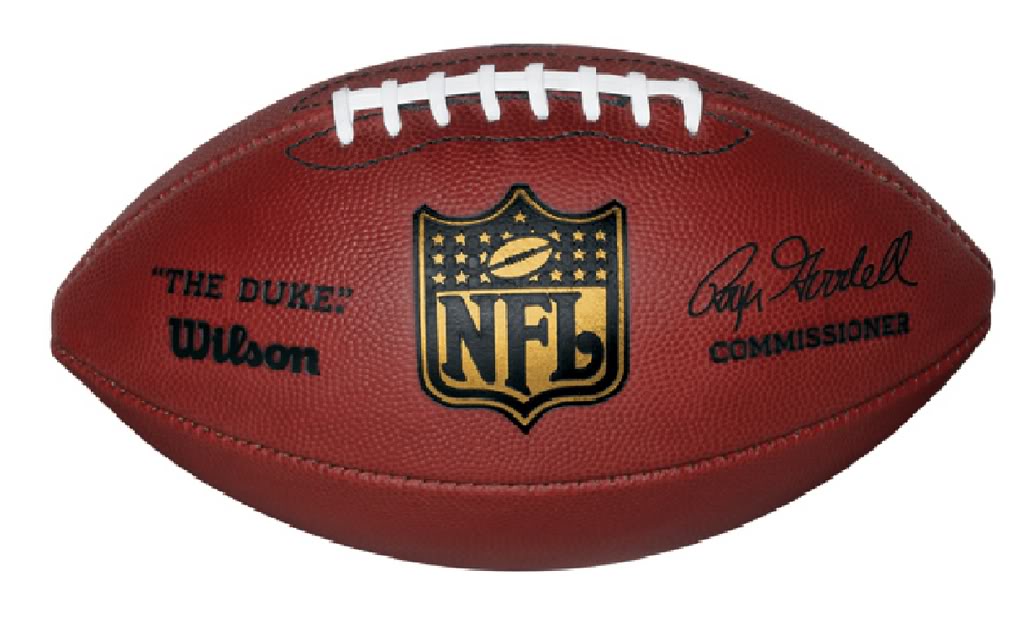Now a 40-year-old tradition, the Mr. Irrelevant title is dubiously but quite proudly celebrated and is a fairly substantial affair: Each new Mr. Irrelevant and his family are invited to spend a week in Newport Beach, California, where they enjoy a golf tournament, a regatta, a roast offering advice to the new draftee, and a ceremony awarding him the “Lowsman Trophy,” which is a parody of the famed Heisman Trophy, except that the player depicted in the Lowsman is fumbling the ball.
We know that in the case of the NFL — and to that extent, of all professional sports — a final pick of a draft does not often lend itself to high expectations for a player to become “the stuff of legends”; to build a career that leads to the Hall of Fame; to enjoy a long, productive career; or even to make the team. And yet, the mere selection by any professional football team strongly suggests that even those who may be chosen last do in fact possess the talent and skills to contribute significantly to the future success of the team.
In law enforcement and public safety, we also employ a draft of sorts through our recruitment processes. We advertise available jobs, we hold “tryouts,” and we provide each applicant a screening, with the most attractive candidates given a battery of tests and examinations that allow us to make the best and most-informed decision when choosing an individual for our team. And if we do not pick a certain person, there are other organizations that will quite likely be very interested.
But how exactly do we calibrate the metrics by which our candidates will be measured, and how do we most accurately determine the reasoning for how we rate one person as our first pick and someone else as the final pick? Perhaps just as importantly, in what ways do we evaluate our organization to really know what new skills we need to better position our entire group for greater success?
Our responsibility to our candidates represents much more than a very specific investment of time and resources to understand their talents and capabilities. Our responsibility also includes bringing into our organization a candidate who will be successful when assigned to his first training officer and later be successful working for a variety of supervisors, managers, chiefs, and directors. And we must support individuals as they accomplish appointments to advanced leadership roles that enhance the profession of public safety, and in our very complex arena of law enforcement, add to the best efforts that protect our college and university campuses.
When we recognize the opportunity we have with every selection of a candidate to join our departments, we are doing the most we can for the newest members of our team when we support their goal of being a part of the profession. When we support their opportunity to be a great influence in the future of our profession, we are also directly improving the organizations we lead.
As we can learn from Mr. Irrelevant, the prospect of being picked last is far different from not being picked at all. The organizations that seek the talents of all skilled and capable individuals must always demonstrate their own value to the candidate and to the profession they belong to.
As leaders, we must always be looking for the right players.
This article was first published in the August 2016 edition of Campus Security Report.
